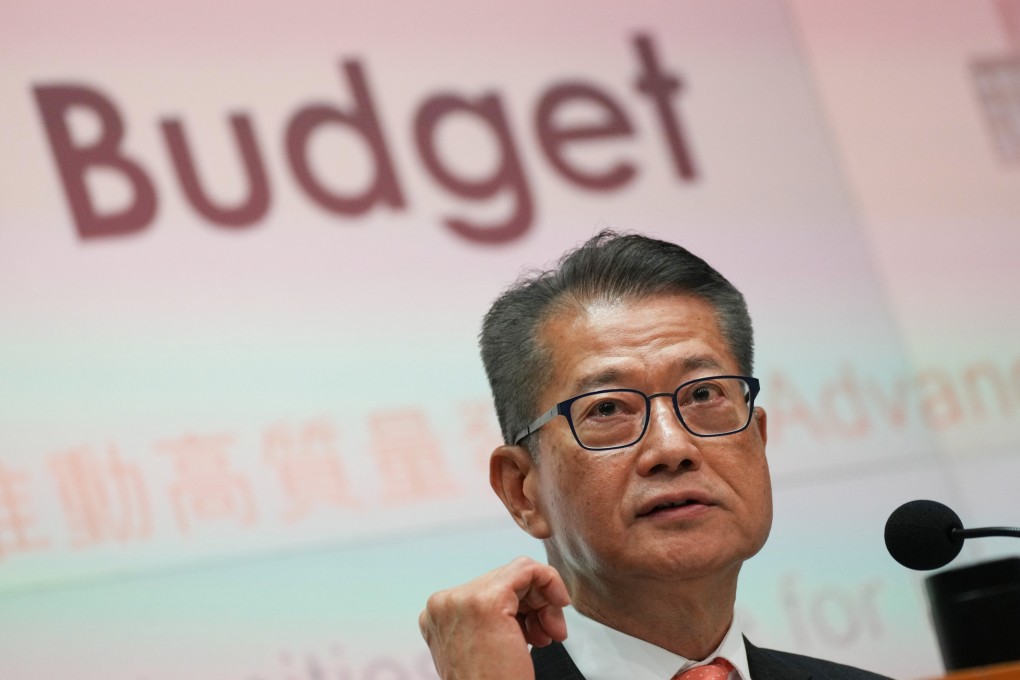Advertisement
Hong Kong budget: Paul Chan has pulled all stops, but has city done enough to secure asset and wealth management hub status?
- If incentives mentioned in the budget are in line with the industry’s expectations, then they really do make Hong Kong ‘a very attractive and viable asset management hub’, Hong Kong Venture Capital and Private Equity Association executive says
- City should focus on controllable factors and build on its unique advantages: HKIFA
Reading Time:3 minutes
Why you can trust SCMP

“Although Hong Kong remains Asia’s premier asset-management hub and benefits from being [a] part of the second-largest economy globally, it does face significant competition within the region and even globally,” says Darren Bowdern, head of asset-management tax in Asia-Pacific at KPMG China.
The city pulled all stops during the budget announcement on Wednesday, with the aim of retaining its status as an international asset and wealth-management centre in the face of intensified competition from Singapore and geopolitical tensions between the United States and China.
But has it done enough?
Advertisement
Funds industry bodies and advisers have welcomed the promise of tax breaks, grants and investment schemes, and a re-domiciliation mechanism made by Financial Secretary Paul Chan Mo-po to attract more foreign funds and family offices to Hong Kong. However, more details are needed before ascertaining if these measures can promote the further development of Hong Kong’s asset management sector.
Chan said the city will enhance the preferential tax regime for related funds, single-family offices and carried interest, and will review the scope of Hong Kong’s tax concessions regime, increasing the types of qualifying transactions and enhancing flexibility in handling incidental transactions.
Advertisement
But the government has not yet elaborated on the types of transactions the city will include in its tax concessions regime. The city’s funds industry has called for the inclusion of private credit and debt investment in the Unified Fund Exemption (UFE) regime to match what Singapore has done.
Advertisement
Select Voice
Choose your listening speed
Get through articles 2x faster
1.25x
250 WPM
Slow
Average
Fast
1.25x